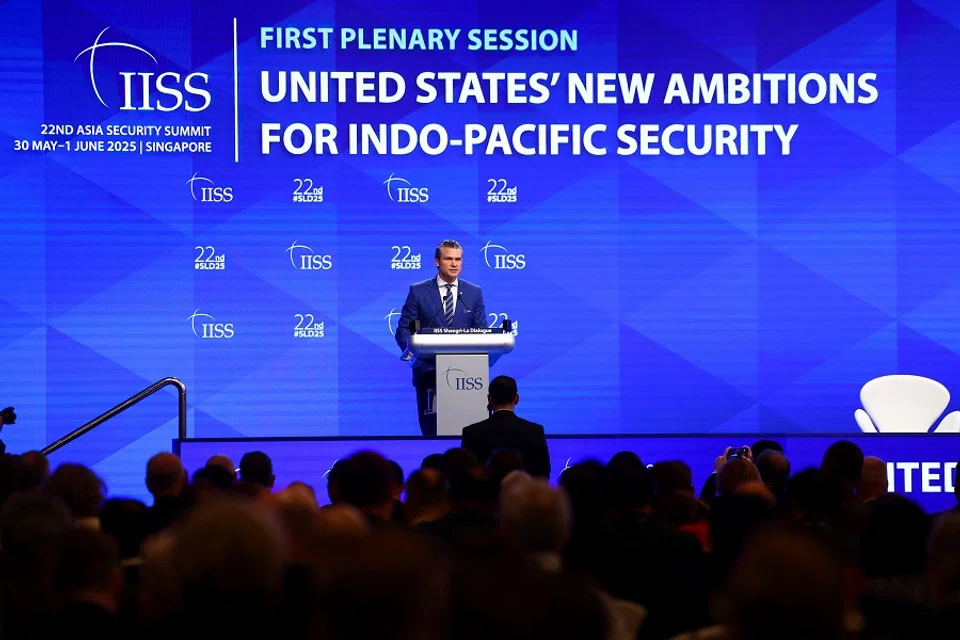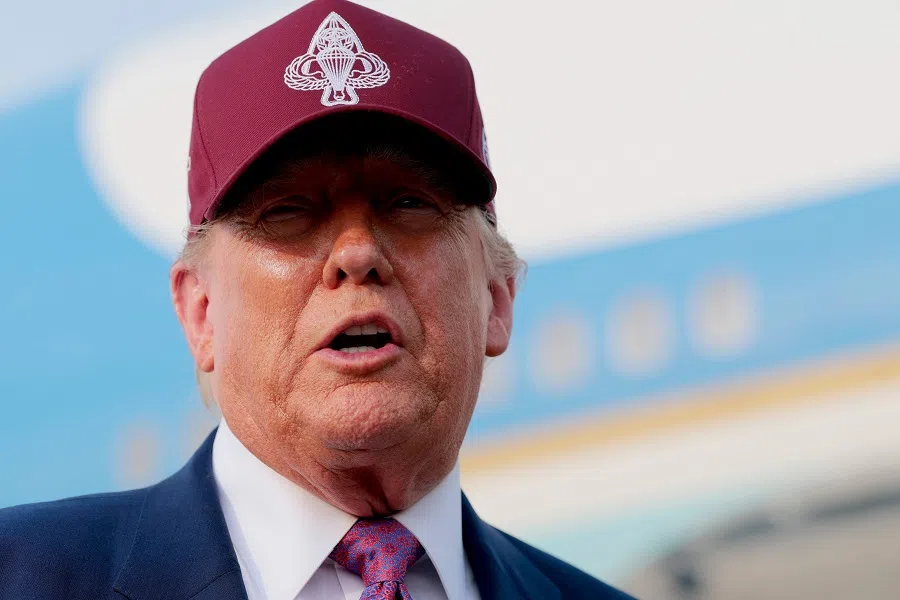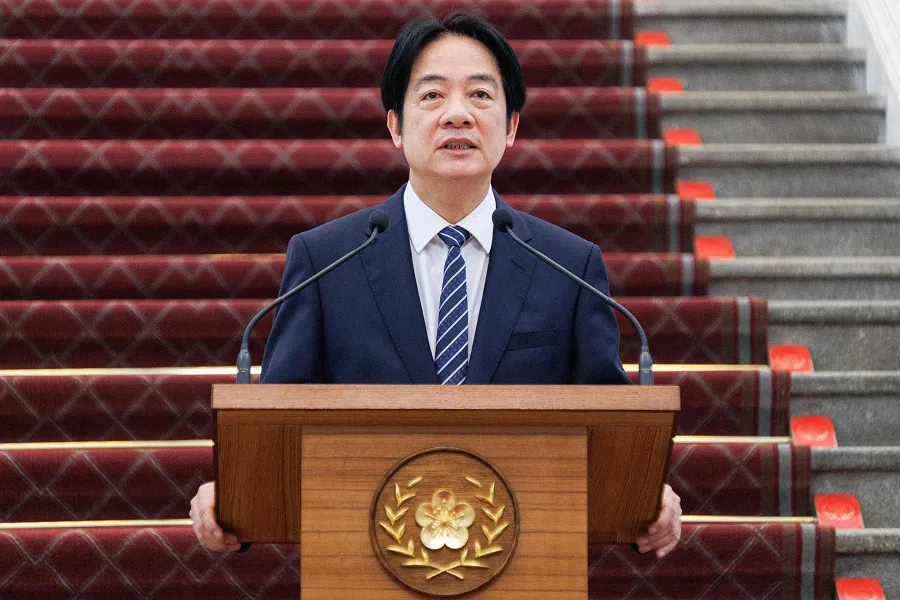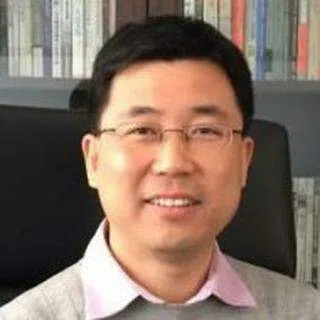Will the world favour China as the US loses credibility?
The US has shown its firm stance against China during the Shangri-La Dialogue, while China has seemingly taken a step back. Commentator Qi Dongtao remarks that this may be in China’s favour.

This year’s Shangri-La Dialogue has been especially noteworthy. Besides the fact that the chief of China’s People’s Liberation Army delegation held the lowest rank of any head of delegation in the history of the event, what was even more striking was how US Secretary of Defense Pete Hegseth’s speech adopted the toughest stance against China in the history of the forum.
Comparing Hegseth’s speech with that of former US Secretary of Defense Lloyd Austin from the Joe Biden administration during last year’s dialogue would help us better understand the differences between the Donald Trump and Biden administrations.
Hegseth’s address was also more direct and had less of a diplomatic style than Austin’s. Both traits are reflective of Hegseth’s more pronounced desire to drive home his core message: the “China threat” theory.
Hegseth’s strongly worded speech
Both defence secretaries paid tribute to their respective presidents in their speeches, and claimed to adhere to each of their presidents’ strategic visions. Their speeches indeed reflected the differences between the two presidents.
Firstly, in terms of the style of speech, just as US President Donald Trump is more candid than Biden, Hegseth’s speech was significantly longer than Austin’s, by more than 2,000 words or roughly 80% more. Like Trump, who speaks more casually with less diplomatic language compared with Biden, Hegseth’s address was also more direct and had less of a diplomatic style than Austin’s. Both traits are reflective of Hegseth’s more pronounced desire to drive home his core message: the “China threat” theory.
The “China threat” theory is indeed the main distinction between the speeches of the two defence secretaries. The primary purpose of their addresses was to rally allies as well as potential supporters to join the US in addressing both global traditional and non-traditional security threats. However, Austin was not explicit in adopting the “China threat” theory as the main rationale for uniting countries in his speech last year. On the contrary, he brought up his meeting with Chinese Defence Minister Dong Jun at the dialogue, and expressed a desire to maintain communication. He stressed that the Russia-Ukraine war remained the major security threat and did not explicitly single out China as the primary security threat.

Meanwhile, Hegseth focused entirely on the “China threat” theory, using the South China Sea and Taiwan issues as examples. He highlighted that the threat of a forced reunification with Taiwan by mainland China “could be imminent”, and clarified that the US would intervene militarily to prevent it.
Evidently, Hegseth was attempting to use the “China threat” theory to justify the urgency and importance of swiftly upgrading deterrence systems against China, while at the same time to encourage allies to join the cause by using US military intervention as a guarantee. He also subtly mocked the absence of China’s defence minister from the dialogue, as if Hegseth’s attendance and words had already begun to have a deterrent effect on China.
He [Hegseth] clearly stated that the US would intervene militarily to prevent mainland China from reunifying Taiwan by force, but Trump has never made such explicit statements, and has instead stuck by the traditional strategic ambiguity stance of the US government on military intervention.
Not in line with Trump
Could such a strongly worded deterrent speech unite allies or even prompt potential supporters to openly support and cooperate with the US in its efforts to deter China? The deterrent rallying call Hegseth made grounded on the China threat theory faces several challenges.
Firstly, Hegseth is not in line with Trump on the Taiwan issue. As a resolute China hawk, it is not surprising that Hegseth made such strong statements. He clearly stated that the US would intervene militarily to prevent mainland China from reunifying Taiwan by force, but Trump has never made such explicit statements, and has instead stuck by the traditional strategic ambiguity stance of the US government on military intervention.
This lack of synchronicity between the two on military intervention stands in contrast to the Biden administration. During his tenure, Biden repeatedly stated that he would intervene militarily if mainland China launched a forceful reunification, but White House spokespersons would in turn clarify that the US continues to adhere to its “one China” policy.

The current Trump administration is the opposite; Hegseth clearly indicated military intervention in the event of reunification by force, but Trump has kept to strategic ambiguity. Whose position would ultimately prove true? Of course, it is the stance of the president — as the commander-in-chief and leader of the nation — that is more authoritative.
Hegseth’s emphasis on ideology is another area where he diverges from Trump. In his speech, Hegseth praised Trump for removing ideological elements from US foreign policy strategy, but he repeatedly referred to China as “communist China”, showing that he is still trying to rally international support through ideological framing. This reflects his traditional anti-China mindset, but can such an approach truly gain Trump’s favour?
Apart from a few countries with deep-seated conflicts with China, it is unlikely that many are willing to go along with such a “schizophrenic” policy.
US’s dipping credibility
Trump and his administration have dismantled the US tradition of leading its allies through a combination of ideology, economic power and military strength. Today, countries around the world — including allies — are being forced to deal with an America that prioritises its interests, thrives on transactional relationships, and unpredictably changes its stance. Expecting allies and other nations to accept US-imposed economic and trade sanctions while also cooperating with Washington’s escalating military and economic deterrence against China is a contradictory demand. Apart from a few countries with deep-seated conflicts with China, it is unlikely that many are willing to go along with such a “schizophrenic” policy.
At the heart of any deterrence system lies credibility. But the internal dissonance within the Trump administration, along with its highly self-centred and fragmented foreign policy, has severely undermined US credibility.
In many parts of the world — including much of the West — public favourability towards the US plummeted after Trump took office, in some cases even dropping below favourability towards China. In such a volatile international environment, most countries would naturally adopt fence-sitting, risk-averse, collective, wait-and-see strategies. Moreover, they are becoming increasingly cautious in dealing with China, to avoid becoming collateral damage in the escalating US-China rivalry.
The recent behaviour of the Taiwanese government also seems to reflect this trend. As Taiwan President Lai Ching-te approached his first anniversary in office, he remarked that cross-strait relations were like a large corporation seeking to acquire a smaller one, with the mainland, as the larger entity, needing to first propose acquisition terms. This unexpected “merger and acquisition” analogy was too much even for the Beijing-friendly Blue camp, which condemned him as “selling out Taiwan”.
From China’s perspective, the gradual relocation of US forces from the first island chain to the second island chain amounts to an acknowledgement that American deterrence in the first island chain is losing its effectiveness.

Subsequently, in his anniversary speech, Lai avoided mentioning mainland China or cross-strait relations altogether, a departure from his usual practice of confronting Beijing in major addresses. In response, the mainland scaled back the size of its military exercises.
If even Taiwan now finds it necessary to be more cautious in interpreting the Trump administration’s Taiwan policy — rather than placing full trust in and following the US as before — then all the more natural for countries to adopt an even more prudent stance on the Taiwan issue.
Another example is South Korea. Newly elected President Lee Jae-myung has repeatedly stated that he does not want to be drawn into the Taiwan issue and hopes to pragmatically improve relations with China while maintaining the alliance with the US. Meanwhile, the US is planning to relocate part of its forces stationed in South Korea to Guam, claiming that it is to better prepare for a potential Chinese military unification of Taiwan. But for South Korea, this move to bolster deterrence against China would weaken deterrence against North Korea, potentially introducing new instability on the Korean peninsula.
Giving countries room to manoeuvre
From China’s perspective, the gradual relocation of US forces from the first island chain to the second island chain amounts to an acknowledgement that American deterrence in the first island chain is losing its effectiveness.
Alternatively, it may suggest that the US is unwilling to continue shouldering the same level of deterrent responsibility as in the past; hence the growing pressure on its first island chain allies, such as South Korea, Japan and Taiwan, to raise their defence spending and take on more military responsibilities. However, due to domestic political constraints, none of them — including Taiwan — are likely to significantly boost military spending in the short term to meet the targets set by Hegseth.
... when it comes to highly significant military issues, most countries are likely to tread more carefully between China and the US.

Although Hegseth’s remarks were particularly lengthy and aggressive, they completely ignored the serious dilemmas many countries have faced since Trump came to power. This aligns with the Trump administration’s usual approach of forcefully imposing its will through verbal threats and economic “big sticks”. However, when it comes to highly significant military issues, most countries are likely to tread more carefully between China and the US.
Beijing’s decision to send a low-ranking delegation to face the most hardline US rhetoric against China may seem inconsistent with its usual tough stance towards the Trump administration, and it appeared to give Hegseth an opportunity to steal the spotlight. However, it could also reflect Beijing’s awareness of the quagmire many countries are in, and choosing not to escalate confrontation with the US in the security domain so as not to pressure other countries into taking sides.
This seemingly soft approach may in fact create room for other countries to deepen relations with China, at a time when they are being coerced by the US to pick a side.
If Trump’s America is fully exemplifying domineering “hegemonism”, then perhaps China should adhere more closely to the ideals of “benevolent leadership”, to unite all forces across domains through every available means.
This article was first published in Lianhe Zaobao as “香会之后看中美博弈”.





